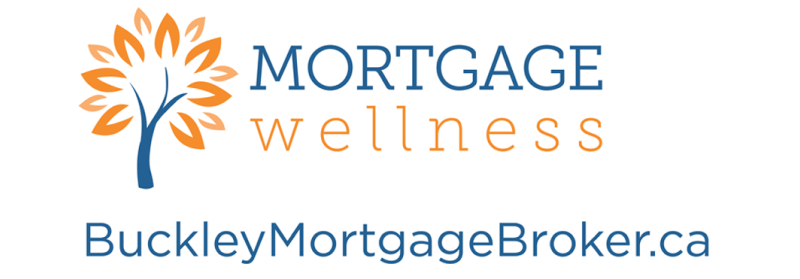Is post-pandemic debt weighing you down? For many people, debt is an unavoidable fact of life. But the past two years of global turmoil has added financial pressure on many Canadians.
According to a COVID-19 financial well-being survey conducted by the Financial Consumer Agency of Canada, over half of Canadians have been financially impacted by the pandemic. To add to that, Equifax recently reported that Ontarians specifically are plunging further into debt in 2022, with a whopping 31.2% more credit cards being opened compared with the first quarter of last year!
Consolidating Debt
So – how do you beat the trends and claw your way out? To get started it’s a good idea to have a realistic plan to pay back your debt.
We’ve put together 8 simple tips to help you on your way:
- Identify what you owe.
Knowledge is power, so stop hiding from your debt and tally up those credit card bills! - Break it down.
Make a list and for each debt product, list the total amount you owe, your minimum monthly payment and the interest rate. - Decide on a strategy.
Are you going to take on more shifts? Cut out takeout for a few months? Seek consolidation options? Research the strategies available for your situation before proceeding. - Create your plan.
Once you’ve settled on a strategy, you’re going to need a plan. This is where you can begin to make note of exactly how you will pay back the debt. - Choose a timeframe that is reasonable and affordable.
There is no since sacrificing your mental health to get out of debt. Though it may take a little longer, pace yourself so that you don’t end up becoming overwhelmed and giving up. - Decide which debts to pay off first, depending on the type.
A good starting point is to see which accounts carry the highest interest rates so you can tackle them quickly. - Work directly with your bank and creditors to discuss your financial situation.
Sometimes the best way out of debt is to take out a loan with reasonable interest and payoff & close out revolving credit accounts like lines of credit or credit cards. - Review your budget.
This will help you know if you are staying on track once your plan is in action so that you will see results!
If you don’t already have a budget, now is the time to make one! Having a budget that lays out your total income and expenses is an effective way to manage your day-to-day finances. It will help you figure out how much money you get, spend, and save.
If you decide to apply for a loan or line of credit, you may be able to pay off multiple debts with high-interest rates. Consolidating your debts means you’ll only have to make one monthly payment rather than paying each credit product individually (who has the memory for that), and the interest rate on the loan will likely save you money. Contact your financial institution to discuss whether this is an option that could work for you.
THE TAKEAWAY
Managing debt isn’t always easy, but there are resources to help you. You can find unbiased and fact-based information you can count on at canada.ca/money. Looking to enter the housing market while managing your debt? Speak with one of our professionals to discover where you currently stand and what steps you can take to enter the housing market.


